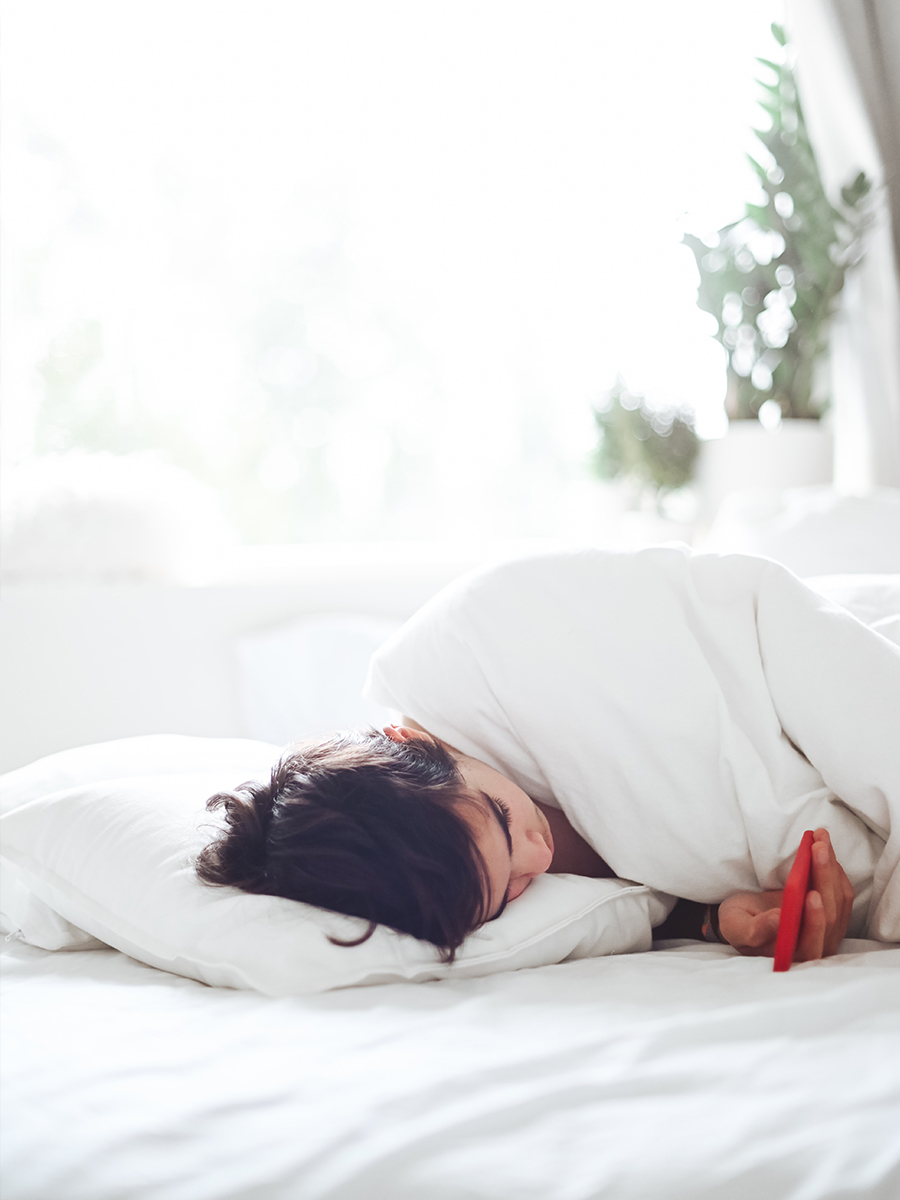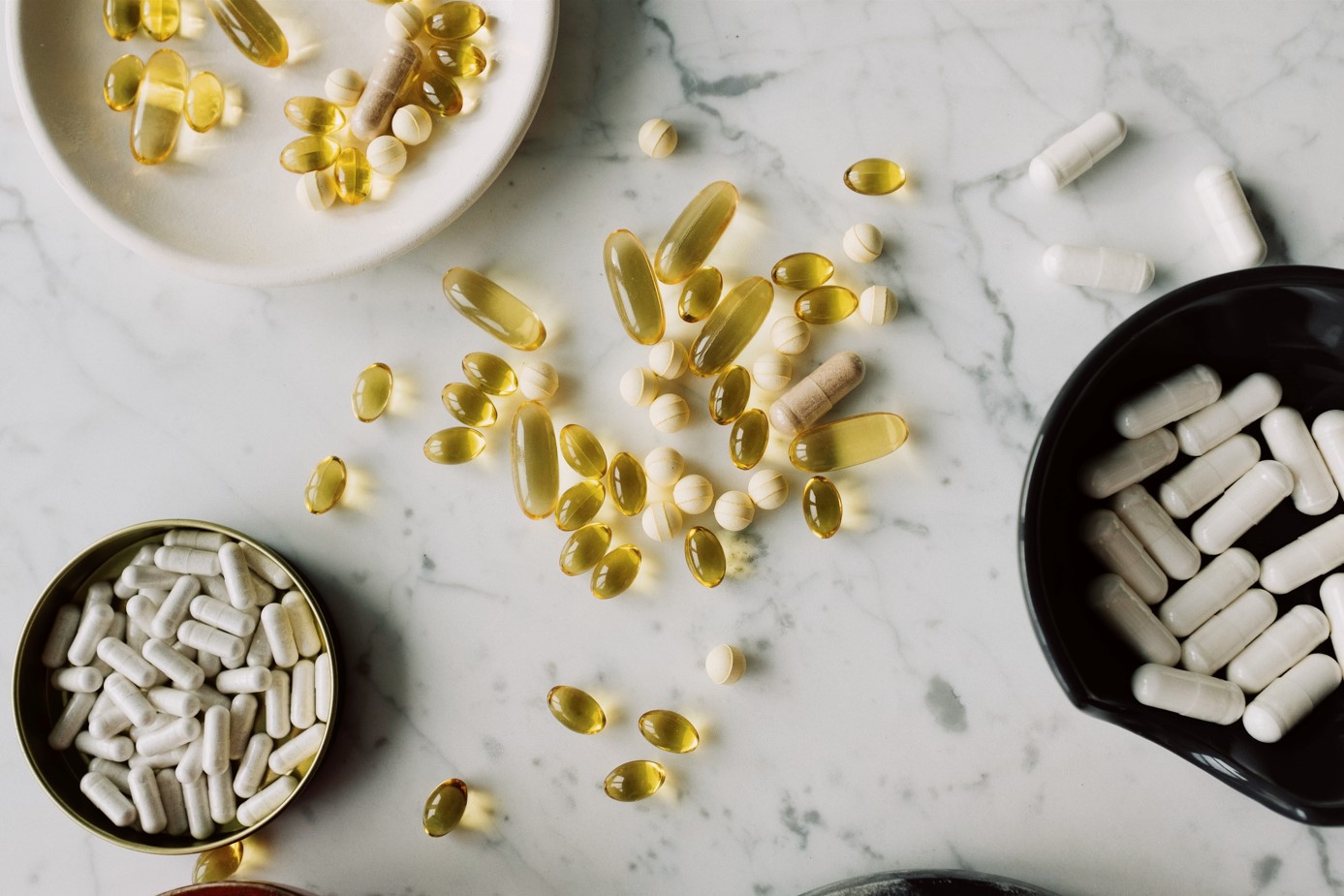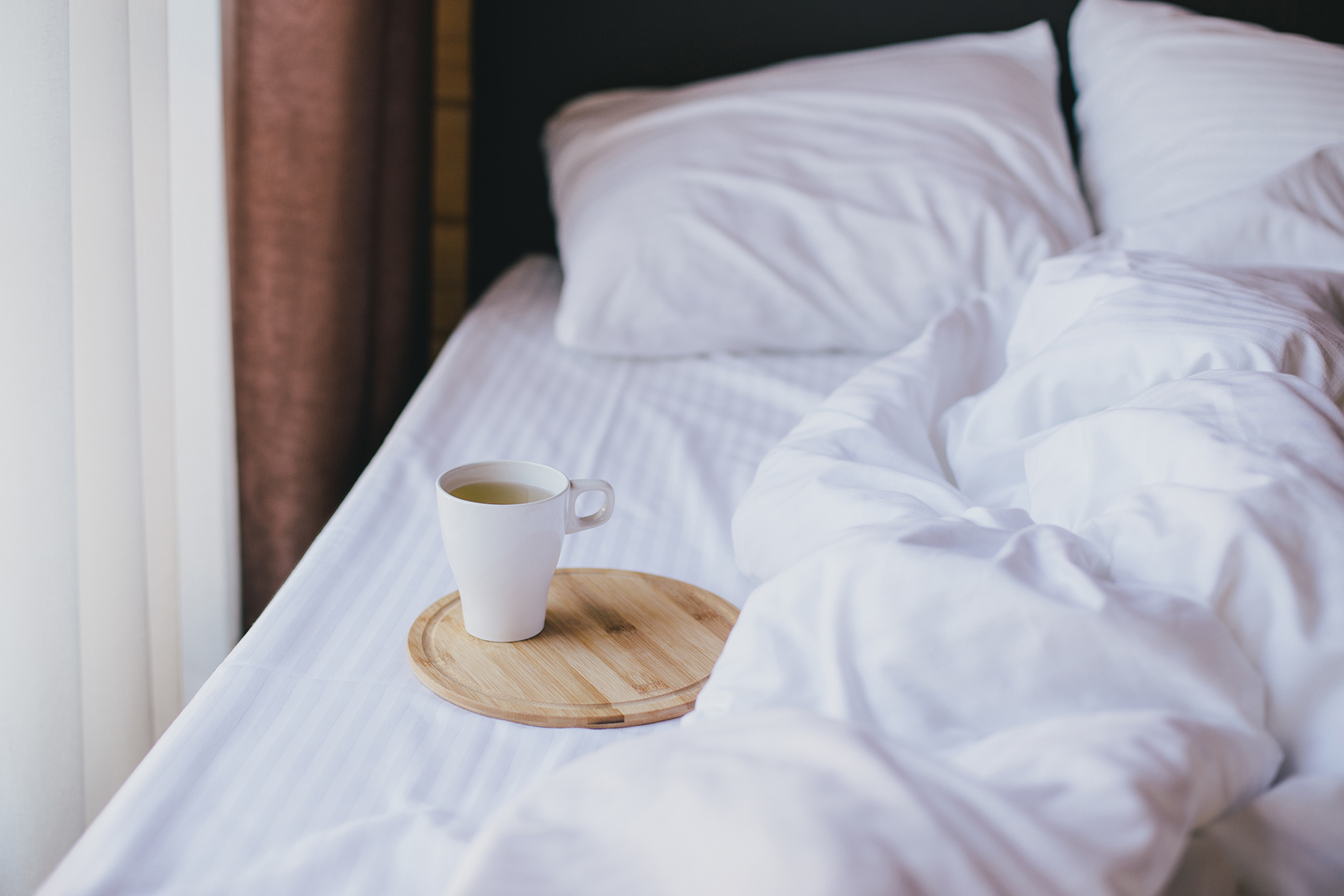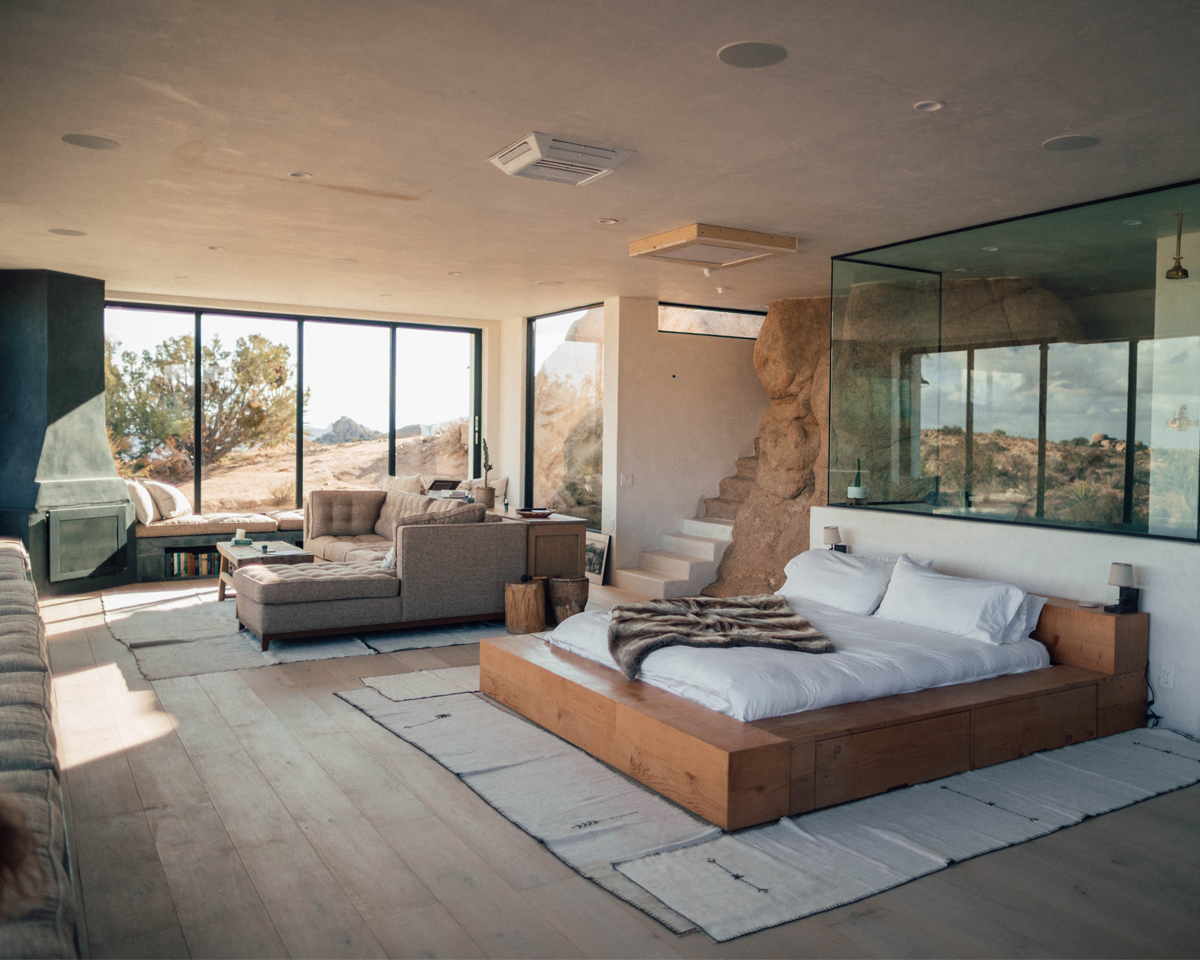Understanding your Sleep Cycle for a Better Night's Sleep
Sleep is divided into different phases of light and deep sleep throughout the night, occurring in cycles of approximately 90 minutes each. Each 90-minute cycle includes periods of non-REM sleep and REM (rapid eye movement) sleep, which is when our brains are more active, and dreams often occur.
Sleep cycles change throughout life stages and can be affected by a number of things, such as disruption to your body clock (circadian rhythms), daytime napping, stress, exercise or too much exposure to light before bedtime, particularly blue light.

What is the ‘Circadian Rhythm’?
Circadian rhythms are part of our internal body clock and what determines our sleep-wake cycle. This process is naturally influenced by solar daylight and night-time darkness. During the day, our circadian rhythm lowers the production of melatonin, and in the evening, stimulates its production in preparation for sleep. This means that light is an important regulator of melatonin production, and any extra light throughout the evening (particularly blue light) can affect how much and when melatonin is produced.
Blue-Light and the Circadian Rhythm
We’ve all been told about blue light and that it can affect the quality of our sleep – but exactly how does it do this? Blue light has the ability to reset the body’s internal clock to a later schedule by increasing alertness when really, we should be winding down for sleep. This is due to blue light’s short wavelength, which can affect the production of our main sleep hormone, melatonin
Melatonin is a sleep-promoting hormone that’s produced in the pineal gland, found deep in the centre of the brain. It ebbs and flows with a clear daily rhythm; as it starts to get dark at night, it’s released to tell your body clock that it’s time for sleep soon, and as morning comes, its levels drop back down (levels are around 10 times higher in the middle of the night than in the middle of the day). With daylight, other chemicals are released in the body to keep you awake, and so the day-night cycle is synchronised. When people are surrounded by blue light devices in the evening, it can delay the cycle of melatonin production and cause troubles falling asleep.
Sleep Hygiene
Given what we know about how circadian rhythms are affected by light, there are a number of key things we can do to regulate and support the production of melatonin for a good night’s sleep.
- Follow a consistent sleep schedule to create a stable circadian rhythm
- Limit light before bed to promote the production of melatonin
- Get into the sun early in the day to reinforce the production of daytime hormones and reduce the production of melatonin
We talk more about sleep hygiene here.






